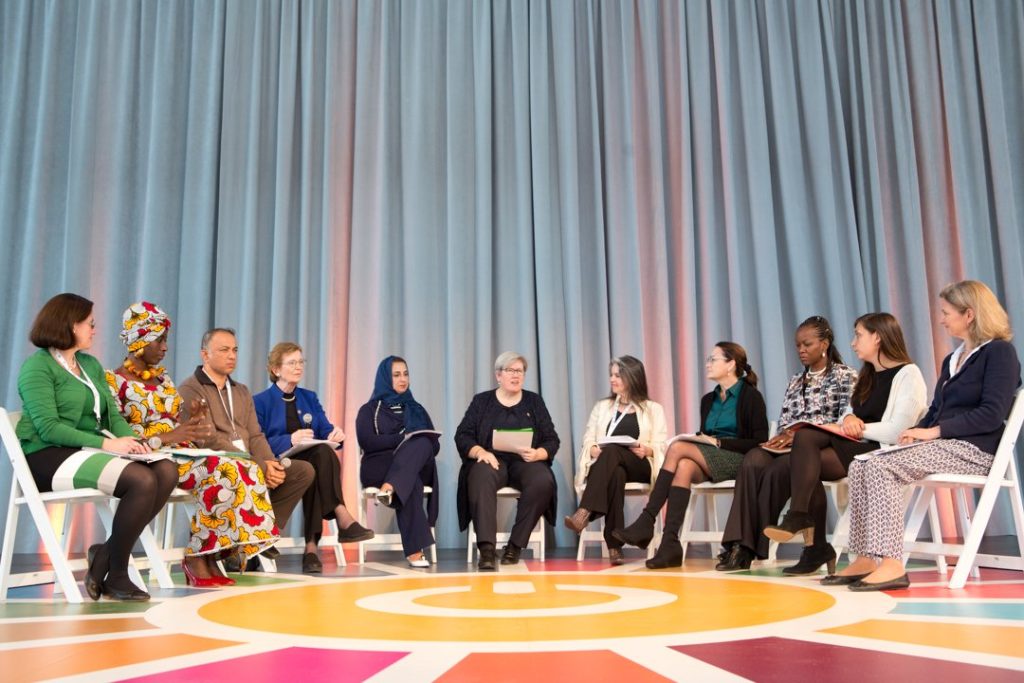
Social justice involves access to renewable energy
During sessions of the Conferences of the Parties, the UNFCCC organises meetings dedicated to the most urgent climate issues. Yesterday a Gender Day was held at the COP23 Conference, a day dedicated to gender rights and the various adversities that women and men have to contend with in relation to climate change.
On this occasion, at one of the events occurring during the negotiations, Rachel Kyte (UN Special Representative for Sustainable Energy and CEO of Sustainable Energy for All) announced the launching of the 'People-Centered Accelerator', an important initiative aimed at facilitating access to energy for socially vulnerable groups.
Access to sustainable electricity is at the heart of economic and social well-being. However, more than 1 billion people still have no access to power and more than 3 billion have to cook with polluting and inefficient fuels, such as firewood. This poses particular issues and consequences for human rights and the health of people, and especially women, who remain culturally designated to the role of managing the family care and economy. Through the unlocking of both private and public funds, and facilitating collaboration among those who are involved in energy issues, gender policies and social justice, the People-Centered Accelerator intends to bring people back to the centre of development, guaranteeing them equal opportunities.
Rachel Kyle declared today during her report that "one of the objectives of the Paris agreement was to exclude no one. The world has become committed in this sense and in order to maintain this promise we have to think differently about how we offer accessible, reliable and modern energy services to the most discriminated people in the societies of the world. By promoting the inclusion of women and the most marginalised subjects in an attempt to attain universal access to energy, we can ensure that the transition from fossil fuels to renewable energy can really benefit everyone."
The project has attracted considerable interest, not only because it has the potential to facilitate the realisation of many of the UN's Sustainable Development Goals but also because it proposes an innovative approach to the involvement of women. Conventional energy policies tend to focus on the question of the supply of energy, with a limited focus on the entrepreneurial potential of women. The 'People-Centred Accelerator', on the other hand, considers 'non-technical' skills, such as a knowledge of the local territory and the community, this being a precious business advantage that makes women real agents of change.
Ajaita Shah, Administrative Director of the Frontier Market organisation and a founding partner of the initiative, finally stated that "We need to put women at the centre of energy access in order to achieve a more profound and broader impact. Investing in women is crucial not only for economic development, but this also plays a key role in overcoming barriers with respect to accessing sustainable energy."
Chiara Soletti
Published for Italian Climate Network on the association’s website.
